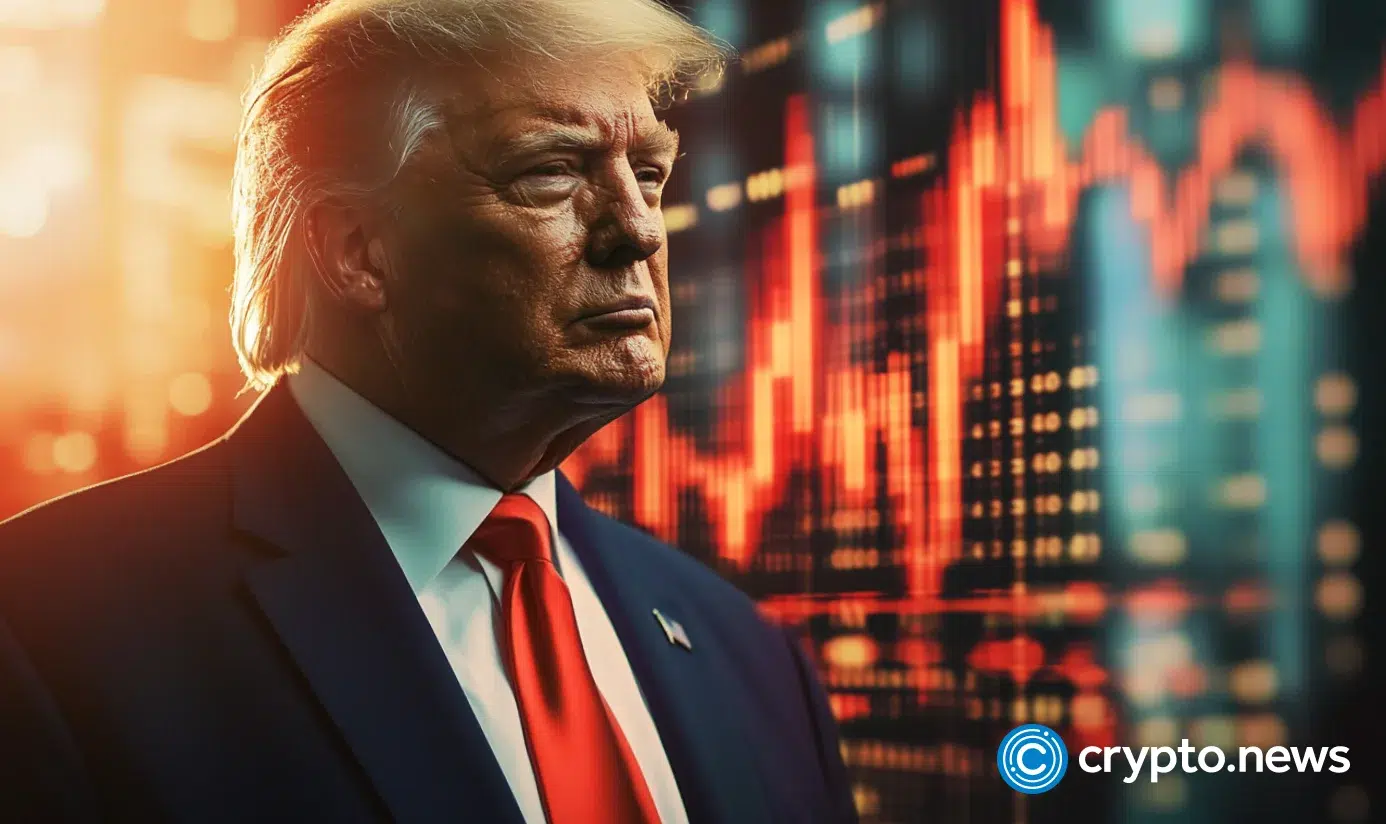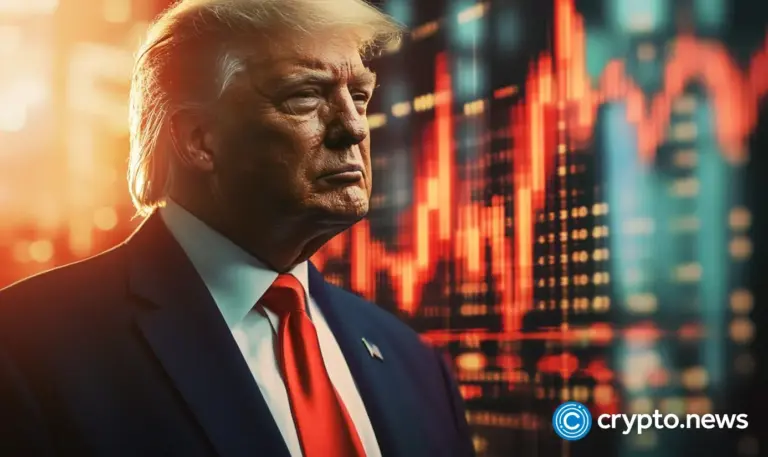
While Trump’s budget did not tackle any crypto issues, the liquidity boost might still be a boon for crypto assets.
“Big Beautiful Bill” may still boost crypto markets, despite lacking any crypto-related provisions. On Thursday, June 3, theU.S. House passed House Resolution 1, the landmark budget bill backed by President Donald Trump.
The massive budget, which expands tax cuts and reduces benefits, passed with a narrow 218–214 vote, with just two Republican dissenters: fiscally conservative Thomas Massie of Kentucky and anti-Trump Republican Brian Fitzpatrick. Massie objected on the grounds that the bill would significantly add to the U.S. deficit.
Despite sweeping changes to taxes, immigration enforcement, and entitlements like Medicaid, the massive budget did not have any provisions related to crypto. This is despite efforts by pro-crypto Senator Cynthia Lummis, who proposed several crypto-related amendments.
These amendments included changes to taxes on mining and staking income, a crucial concern for the industry. Still, these amendments ultimately did not pass, leaving the decision on these issues for later bills. Notably, on the same day that the budget bill passed, Lummis introduced a new bill specifically on crypto taxation.
Bitcoin up after Trump’s budget passes
While the crypto industry may be disappointed by the absence of direct legislative gains, the market responded positively. Bitcoin (BTC) traded near the $110,000 level, up 0.24% over the past 24 hours, while the overall crypto market capitalization rose 0.3%.
The positive reaction likely stems from the expected stimulative effect of the budget. Economists project that the new fiscal package could add between $3 trillion and $4 trillion to the U.S. national debt over the next decade, due to a combination of lower taxes and increased spending.
This surge in deficit spending is expected to inject liquidity into the financial system, a development that typically lifts both equities and crypto assets. While the bill itself did not address digital assets, its potential to boost liquidity has already begun to influence market sentiment.


